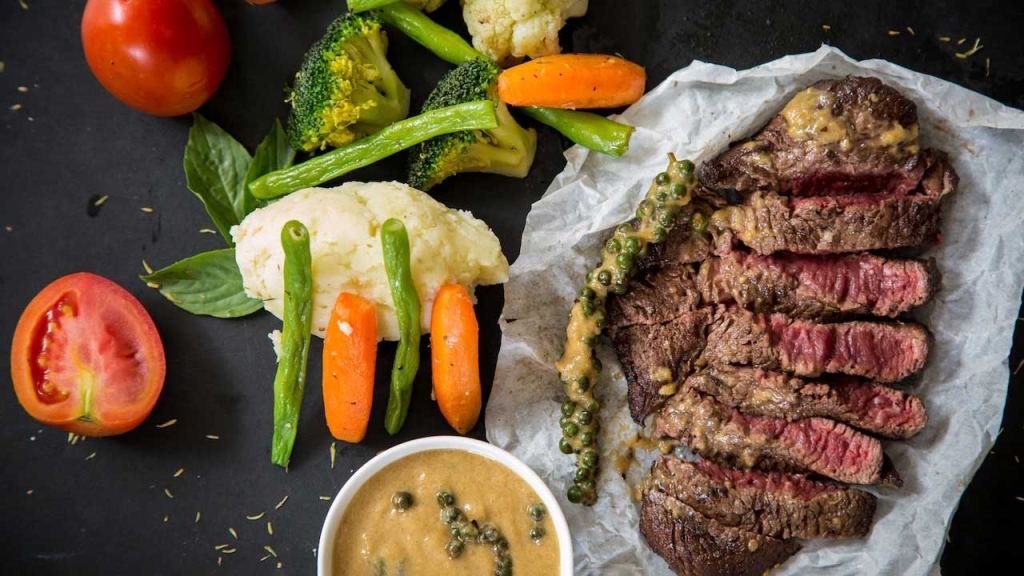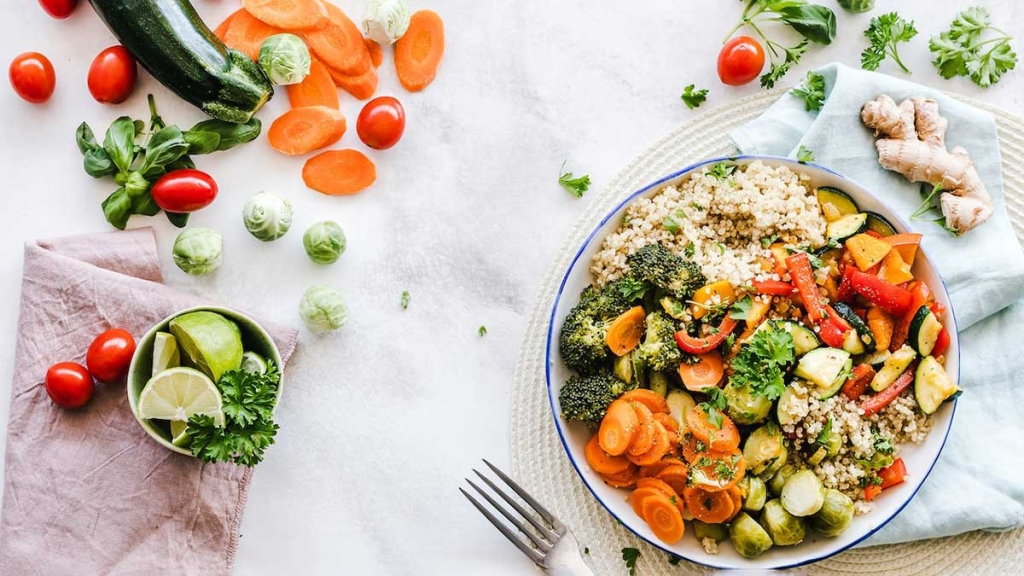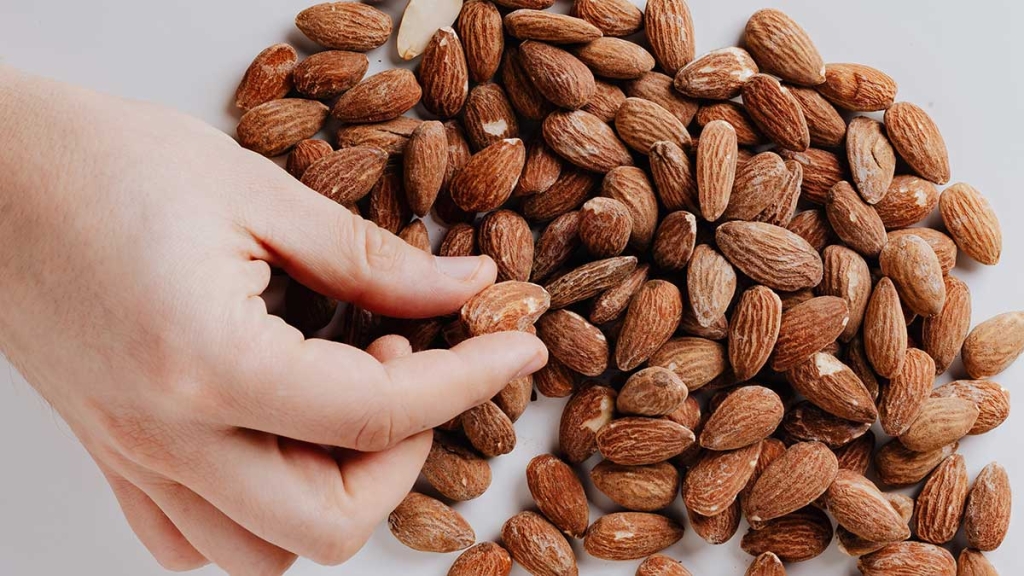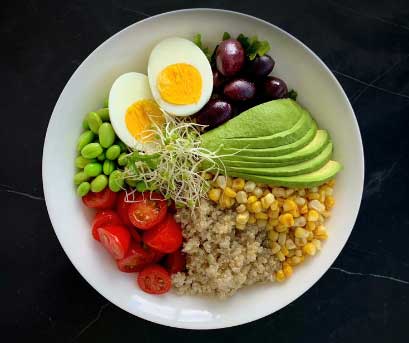Ensuring optimal protein intake is crucial for overall health and wellbeing. In this comprehensive guide, we will explore the importance of protein, how much you need, and how to make sure you’re getting enough. Dive into the world of protein and set yourself up for success on your health journey.
A quick overview from me
Here’s a few questions I get asked often…
Maya, how can I tell if I’m eating enough protein?
If I eat less meat, won’t I have a protein deficiency?
Maybe I should add protein powder to my daily diet?
Should I switch to a paleo diet?
I can say myself that one of the questions I was asked most frequently after choosing to become vegetarian at age 11 was: Where do you get protein from? (It did not take long for those who saw me to see that my growth was not really harmed …) There is a very common (although incorrect) idea that vegetarians and vegans will not get enough protein in their diet because they do not eat meat. More than that, there are more and more people today who support the claim that we should all eat very high amounts of protein in order to lose weight.
So how do you know how much is too little protein? Too much protein? How much protein do you need at all?
Table of Contents
- The Importance of Protein
- Recommended Daily Protein Intake
- Identifying Protein Deficiency
- High-Quality Protein Sources
- Protein for Vegans and Vegetarians
- Optimizing Protein Absorption
- Protein Timing and Distribution
- Conclusion
The Importance of Protein

Protein is an essential macronutrient that plays a vital role in various bodily functions. These include:
- Building and repairing tissues, such as muscles, skin, and hair
- Producing hormones and enzymes that regulate metabolism, growth, and immune function
- Forming antibodies for a robust immune system
- Acting as a source of energy when carbohydrates and fats are insufficient
Recommended Daily Protein Intake

The Recommended Dietary Allowance (RDA) for protein is as follows:
- 0.8 grams of protein per kilogram of body weight for adults
- 1.2 to 1.5 grams of protein per kilogram of body weight for athletes and active individuals
To calculate your daily protein needs, multiply your body weight in kilograms by the recommended protein intake.
Identifying Protein Deficiency

Protein deficiency may manifest as the following symptoms:
- Weakness and muscle wasting
- Slow wound healing
- Hair loss or thinning
- Fatigue and low energy levels
- Frequent infections due to a weakened immune system
If you suspect you may be experiencing protein deficiency, consult a healthcare professional for proper evaluation and guidance.
High-Quality Protein Sources

High-quality protein sources are rich in essential amino acids and have high bioavailability. Here are some excellent options:
Animal-Based Protein Sources
- Lean meats (chicken, turkey, pork, and beef)
- Fish and seafood (salmon, tuna, shrimp, and cod)
- Dairy products (Greek yogurt, cottage cheese, and milk)
- Eggs
Plant-Based Protein Sources
- Legumes (beans, lentils, and chickpeas)
- Nuts and seeds (almonds, chia seeds, and flaxseeds)
- Whole grains (quinoa, barley, and brown rice)
- Soy products (tofu, tempeh, and edamame)
Protein for Vegans and Vegetarians

Vegans and vegetarians can still achieve their daily protein requirements by consuming a variety of plant-based protein sources. Combining different sources will ensure a complete amino acid profile:
Optimizing Protein Absorption

To enhance protein absorption, consider the following strategies:
- Consume a variety of protein sources to obtain a complete amino acid profile
- Include a source of vitamin C with your meal to support collagen synthesis
- Combine plant-based protein sources to ensure all essential amino acids are present
- Eat smaller, more frequent protein-rich meals throughout the day
Protein Timing and Distribution

Evenly distributing your protein intake throughout the day can optimize muscle protein synthesis and overall health. Consider these tips:
- Aim for 20-30 grams of protein per meal
- Include a protein source with each snack
- Consume protein within 30 minutes to 2 hours after exercise for optimal muscle recovery
Conclusion
Understanding the importance of protein and ensuring adequate intake is essential for overall health, muscle maintenance, and recovery. By consuming a variety of high-quality protein sources, optimizing absorption, and distributing your protein intake throughout the day, you can support your body’s needs and improve your wellbeing.
Remember to consult with a healthcare professional or registered dietitian for personalized recommendations based on your individual needs and goals. With the right approach and knowledge, you can confidently navigate the world of protein and make informed choices for a healthier lifestyle.



